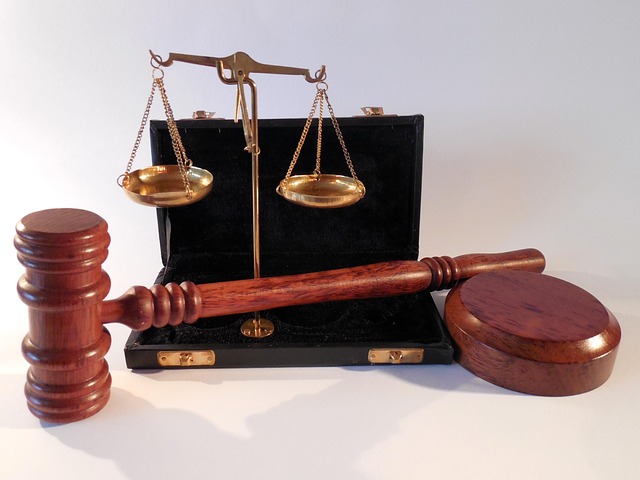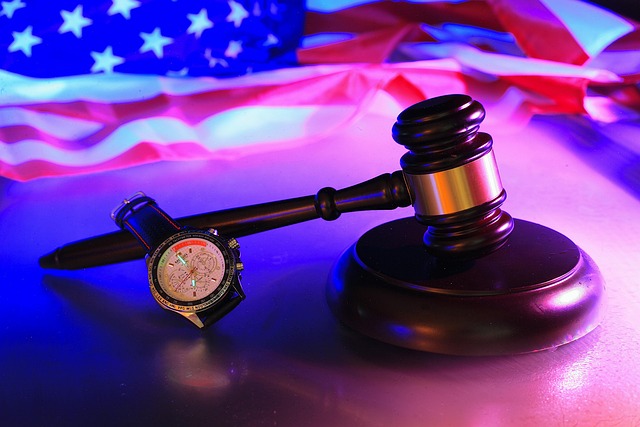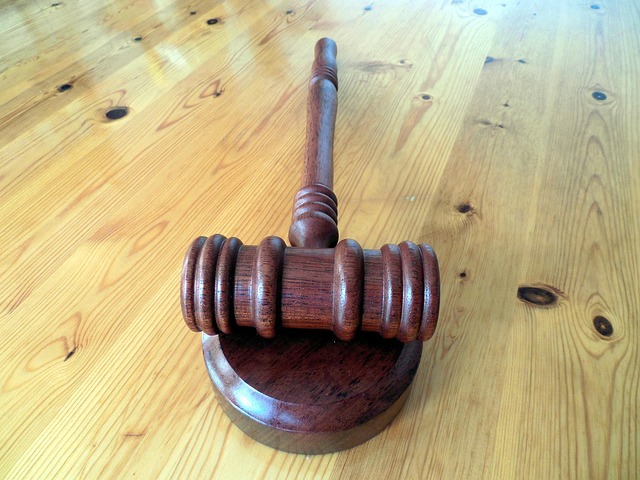Consumer protection laws vary across regions and aim to safeguard individuals from unfair business practices. Consumer protection cases require meticulous evidence analysis, targeting corporations and individuals. The Process of Empaneling a Criminal Jury is crucial for holding accountable those who violate consumer rights, with careful selection and questioning ensuring an unbiased panel. This process starts by choosing diverse individuals from the community and involves thorough screening to impanel impartial jurors capable of objective evaluation.
Consumer protection suits play a vital role in safeguarding individuals from unfair business practices, ensuring companies adhere to ethical standards. This article delves into three key aspects of this legal process. First, it explains the foundational knowledge of consumer protection laws and building a compelling case. Subsequently, it explores the intricate process of empaneling a criminal jury, a critical step in holding businesses accountable. Understanding these elements is essential for both consumers and legal professionals navigating the complexities of consumer rights litigation.
- Understanding Consumer Protection Laws
- Building a Case for Consumer Protection Suits
- The Process of Empaneling a Criminal Jury
Understanding Consumer Protection Laws

Consumer protection laws are a crucial set of regulations designed to safeguard individuals from unfair or deceptive practices in their daily transactions with businesses. These laws vary across jurisdictions but generally aim to ensure transparency, fair pricing, and product/service quality. Understanding these legal frameworks is essential for both consumers and businesses alike. Consumers can assert their rights and seek remedies for any violations, while businesses must adhere to the rules to avoid legal repercussions.
The process of empaneling a criminal jury plays a significant role in consumer protection suits, especially when complex financial crimes are involved. Similar to white-collar defense strategies, it requires a meticulous understanding of the law and public perception. Unlike high-profile cases that captivate the philanthropic and political communities, consumer protection lawsuits often involve intricate details of business operations. For his clients, successful advocacy demands a deep analysis of these dynamics to secure favorable outcomes.
Building a Case for Consumer Protection Suits

Building a strong case for consumer protection suits is a meticulous process that involves gathering substantial evidence and establishing clear violations of relevant laws. The journey begins with understanding the unique circumstances of each case, encompassing the actions of both corporate and individual clients. During all stages of the investigative and enforcement process, legal teams delve into financial records, contracts, and communication logs to unearth potential misconduct.
Once a solid foundation is laid, attorneys strategize for the ultimate battleground: jury trials. The process of empaneling a criminal jury plays a pivotal role in determining the outcome. By carefully selecting individuals who can objectively assess the evidence presented, legal representatives aim to secure a verdict that holds wrongdoers accountable and safeguards consumer rights. This approach ensures that justice is served and provides a deterrent for future violations.
The Process of Empaneling a Criminal Jury

The process of empaneling a criminal jury is both intricate and pivotal in the course of any high-stakes case. It begins with the selection of individuals from diverse backgrounds, ensuring representation that mirrors the respective business and community at large. This initial pool, drawn from potential jurors, undergoes a series of questions and challenges designed to uncover biases, conflicts of interest, or other disqualifying factors. The judge, aided by attorneys from both sides—including seasoned general criminal defense experts—plays a crucial role in this screening process, aiming for an impartial jury that can fairly evaluate the evidence presented.
Once the initial filtering is complete, potential jurors are sworn in and individually questioned further. This phase delves deeper into their personal experiences, beliefs, and any prior knowledge about the case or its participants. The goal remains to assemble a panel of twelve individuals who can set aside preconceived notions, weigh evidence objectively, and deliver a verdict based solely on the facts presented in court. This meticulous empaneling process is essential to ensuring that high-stakes cases are decided by fair and impartial jurors, upholding the principles of justice for all involved.
Consumer protection suits play a pivotal role in ensuring businesses uphold ethical standards and protect their customers’ rights. By understanding the legal framework, building strong cases, and navigating the intricacies of the Process of Empaneling a Criminal Jury, consumers can hold perpetrators accountable. This comprehensive approach fosters a fair market environment, empowering individuals to take action against wrongdoers and safeguard their interests.






